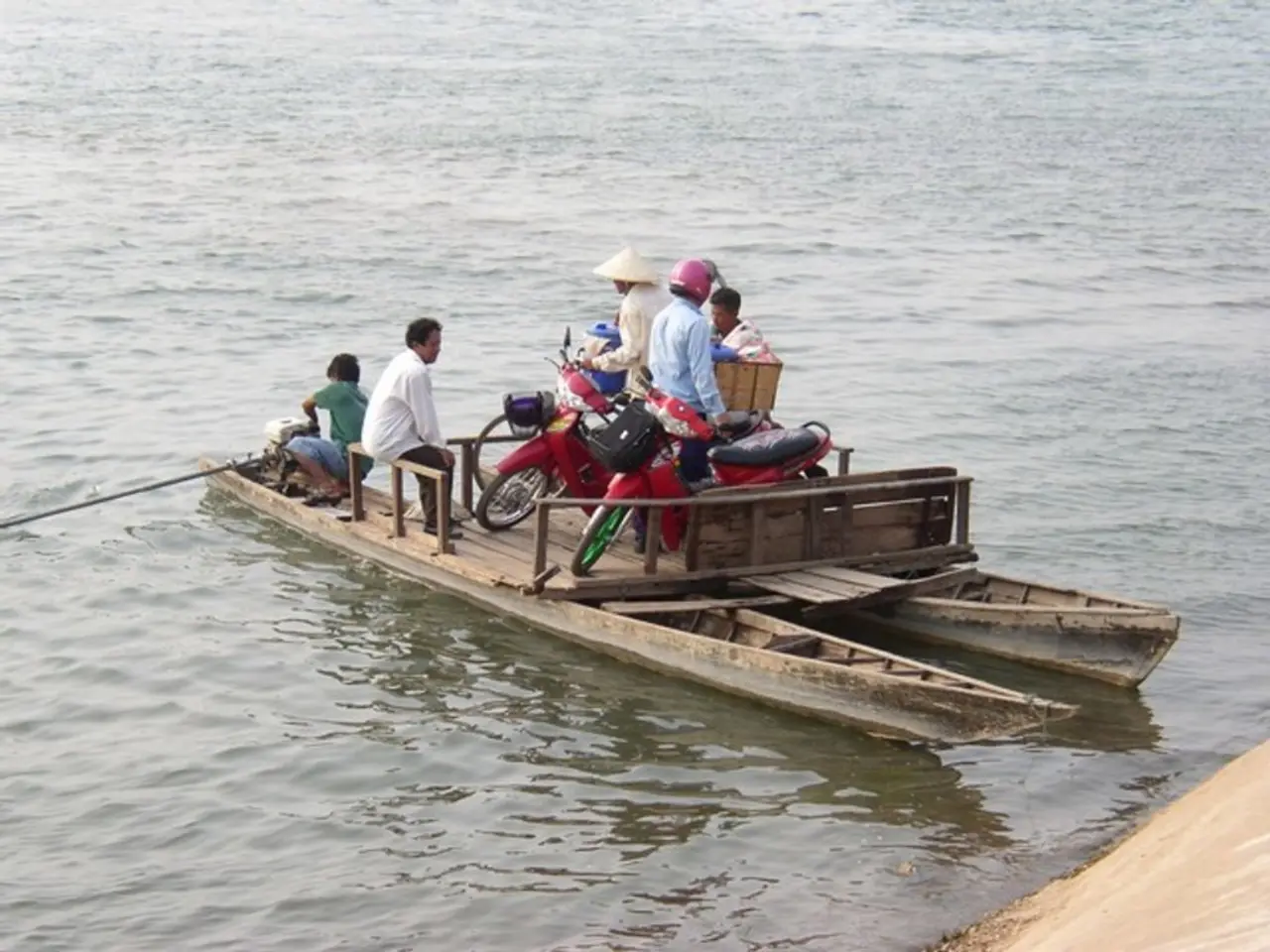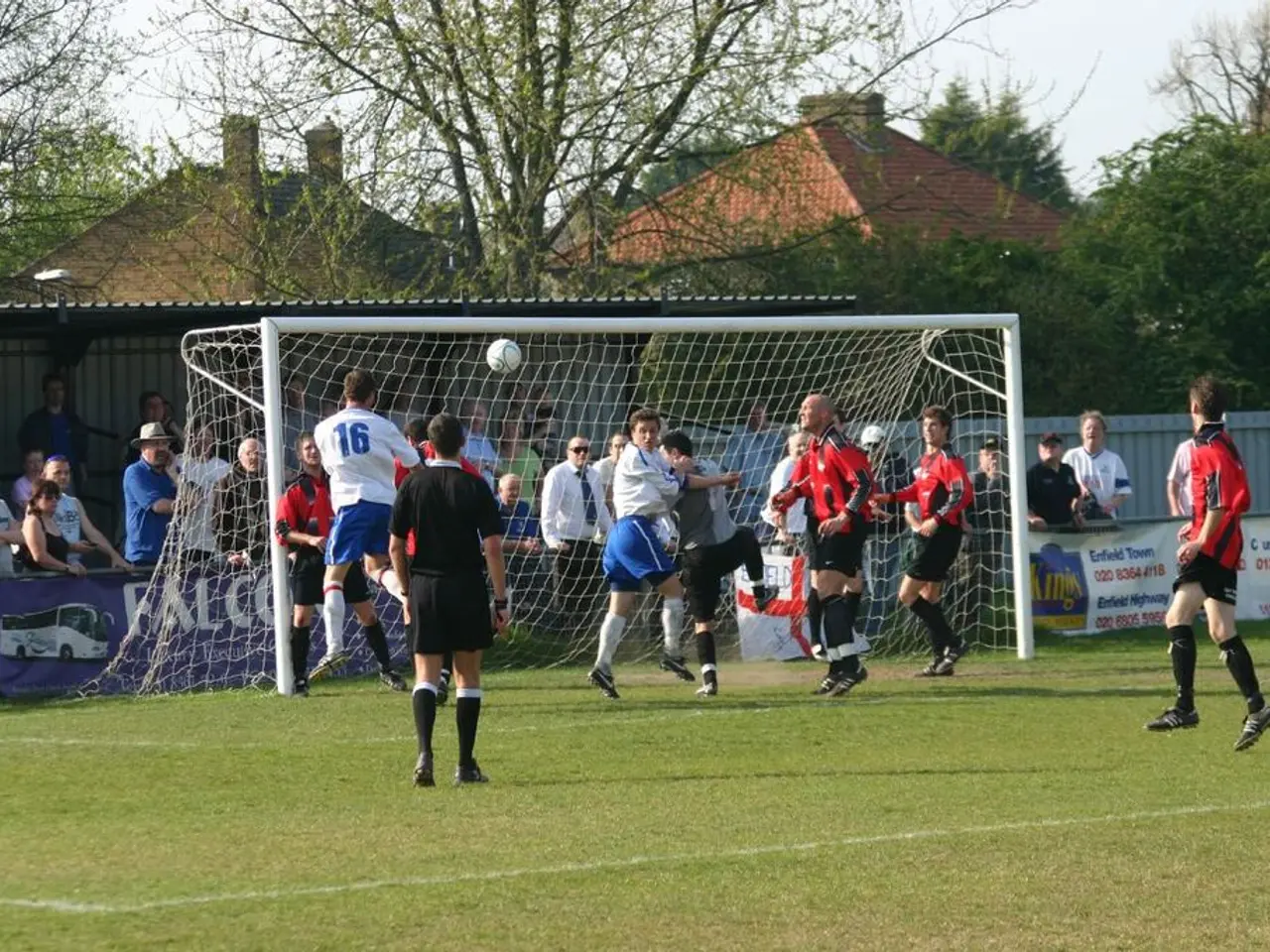Devastating impact on livelihoods: How the Rohingya crisis forces fishers in Teknaf to contend with lost maritime resources
======================================================================================
In the fishing village of Jaldash Para, Teknaf, Bangladesh, the once bustling Naf River is now eerily silent. The oars that used to cut through the water are still, and the nets that were once taut with catch are now rotting and crumbling. This silence is a result of a policy shift that has been in effect for nearly eight years - a ban on fishing in the Naf River.
Before 2017, Teknaf's fishing communities thrived on the Naf River and the adjoining coastal waters. However, the influx of over 700,000 Rohingya refugees fleeing violence in Myanmar's Rakhine State changed everything. The government, citing concerns over illegal border crossings and smuggling, declared the Naf River off-limits to local fishermen.
The ban has been devastating for the fishing communities. More than 5,000 fishing families have been affected, with many struggling to survive. The villagers, such as 70-year-old Samapti Das, are left without fish, buyers, or work. The acting chairman of Hnila Union Parishad, Ali Ahmed, estimates that nearly 5,000 families in Hnila are entirely dependent on the Naf River.
The ban has not only affected the livelihoods of the fishermen but also increased social tensions. Competition over fishing resources and land between refugees and host communities has escalated, leading to conflict. The human toll of the fishing ban is significant. Children are dropping out of school, kitchens are without fire, and illnesses are left untreated due to the lack of income.
In response to the crisis, Abu Morshed Chowdhury, president of the Cox's Bazar Civil Society Forum, suggests it's time to reconsider how these communities are treated. He believes that if security and livelihood cannot be ensured, these communities should be resettled somewhere safe where they can work and live with dignity.
Recently, there has been a slight policy shift, with limited fishing now permitted during daytime hours in specific stretches of the Naf River. However, for the people of Teknaf, this is a small relief but not enough. The rest of the river remains restricted for security reasons, and the fishing area available to local fishermen has been dramatically reduced.
The Ministry of Home Affairs enforced the restriction with support from Border Guard Bangladesh (BGB). Despite the restrictions, border crimes like drug and arms trafficking have not stopped and have even worsened, while the fishermen are the ones suffering.
In the absence of state support, many families are turning to NGOs or informal moneylenders, piling on debt they cannot repay. The humanitarian crisis, the fishing ban, and the resulting economic distress have created a vicious cycle that threatens to further destabilise these communities.
| Impact Category | Effect on Teknaf Fishing Communities | |-------------------------------------|----------------------------------------------------------------| | Access to fishery resources | Severe restrictions on Naf River and coastal fishing grounds limit fishing space and catches[3]. | | Economic impact | Loss of livelihood for many fishermen, decreased income, exacerbated poverty[3]. | | Social tensions | Competition over fishing resources and land between refugees and host communities increases conflict[3].| | Environmental degradation | Overcrowding and resource pressure accelerate marine ecosystem strain and reduced fish stocks[3]. | | Aid funding reductions | Cuts to Rohingya aid reduce broader community support and increase pressure on host livelihoods[1][4]. |
In conclusion, the Rohingya crisis and the related fishing restrictions in the Naf River have critically undermined the economic and social stability of Teknaf’s fishing communities by restricting traditional fishing access, reducing incomes, and intensifying resource competition that threatens both local livelihoods and the environment[3][1]. It is a crisis that demands urgent attention and action.
Sports are a distant memory for the fishermen of Teknaf, as they once spent their free time engaging in various games on the banks of the Naf River. With the ban on fishing and the struggles they now face, the opportunity to participate in sports has become a luxury they cannot afford.
The lives of the people in Teknaf have been drastically changed due to the Rohingya crisis and the subsequent fishing ban, leaving little room for leisure activities such as sports. The harsh reality is that the fishing community is grappling with survival and stability, making such pursuits an unattainable luxury.








